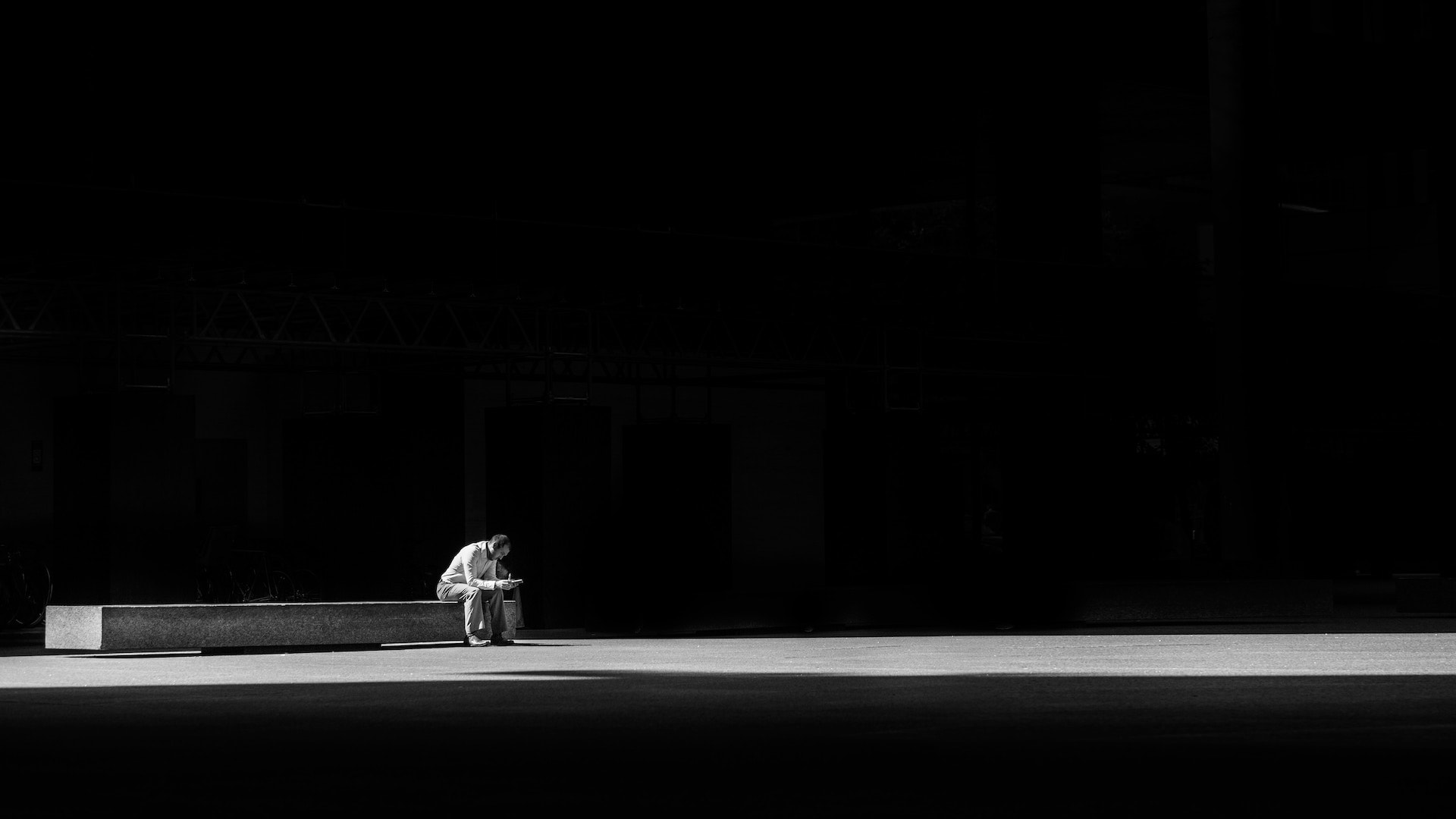God invites us to pray, directs us to pray, commands us to pray. He even assumes we will pray, for when his followers ask him for instruction, he prefaces his teaching with “when you pray,” not “if you pray.” The Bible assures us we have been given bold, confident access to God through our faith in Jesus Christ. Petitioning the King is one of the great privileges of his children, so that we can at any time draw near to God’s throne to receive mercy and find grace to help us in our time of need.
We can pray in all circumstances, for no condition is too dire. We can pray about all matters, for no petition is too small. We can pray alone or in a crowd, at great length or in a single sentence. We can pray while broken by sorrow or lifted by worship, while experiencing the depths of grief or the heights of joy. But whenever and however we pray, we must take care that we do not make light of so great a privilege.
With this in mind, we must ensure we never approach God disrespectfully or entreat him frivolously. God is not a genie who must grant our wishes once summoned, not a servant who must do our bidding once commanded. Prayer is not a kind of talisman we can invoke at a whim or a kind of totem to grant us supernatural powers. Rather, it is, most simply, appealing to God that his will would be done on earth even as it is already done in heaven.
One way to guard ourselves against flippancy is to ensure we do not pray any petition for which we are unwilling to act. True faith and true submission are not praying and wishing, not praying and hoping, not praying and sitting, but rather, praying and acting. We must be willing to labor toward the granting of the requests we have brought before God, whenever it is possible for us to do so. Always we must be willing and eager for God to use us in the answer to our own prayers.
We can have little expectation that God will answer our prayers for daily bread when we intend to spend our days in lazy profligacy rather than active labor. Rather, we must pray fervently and work diligently—pray and then labor to see the prayer answered. God is unlikely to hear our prayers for deliverance from pornography when we do not intend to take the least action to change the habits and patterns that lead us down that ugly path night by night. Rather, we must pray for deliverance and then take hold of the means of deliverance that God provides to us—pray and then labor to see the prayer answered.
The rule pertains not just to prayers for our own concerns, but also the concerns of others. The Apostle James warns us of the futility of saying to another person, “Go in peace, be warmed and filled,” without a willingness to be the one to actually do the warming and the filling. And in much the same way, we should not pray, “Let him go in peace and let him be warmed and filled” if we are unwilling to help him be warm and be full. We must not withhold good from those to whom it is due, when it is in our power to do it—especially if we have prayed about it.
If we pray that God will save the souls of friends and neighbors, we ourselves should be willing to form plans and take steps to tell them the good news of the gospel. Pray and then labor to see the prayer answered not only through others, but through ourselves. If we pray that God will comfort those who have endured a great loss, we ourselves should be eager and willing to be used as the means of comfort, to be the ones God uses to weep with those who weep, to bear another’s burden and so fulfill the law of Christ. Pray and then act to see the prayer answered.
Prayer is a serious business for in prayer we come before the King—we speak to God, commune with God, rely upon God. We submit our wills to God and entreat him for what he can grant, what he can provide, what he can accomplish. And though we come freely and confidently, we dare not approach disrespectfully. To guard against disrespect we should be willing and eager to be the means God uses to answer the prayers we have made, whenever that is possible. We should always be willing to labor not just in prayer, but to see our prayers answered, for there are few greater blessings than to see God use us as his answer.










